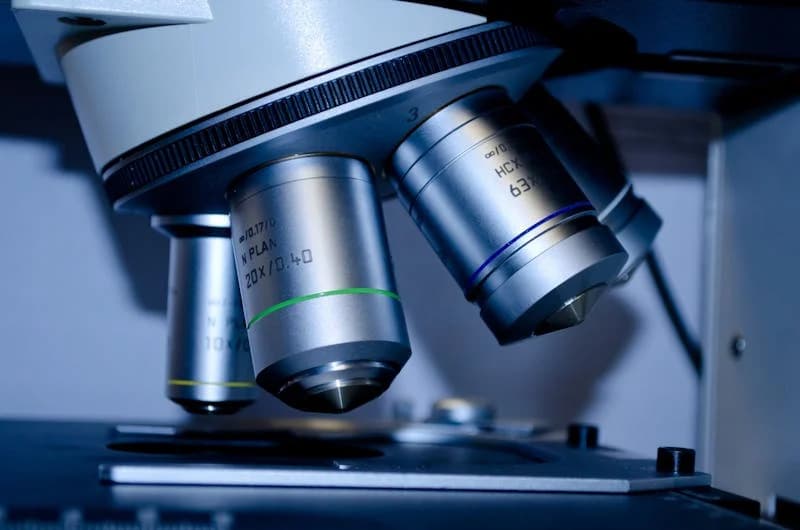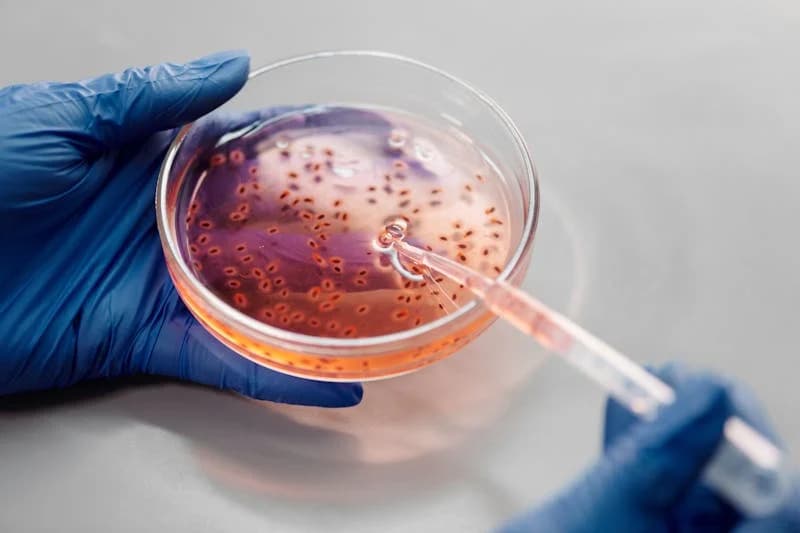Biology is one of the most important sciences that studies life in all its forms and manifestations. It helps us understand the structure, function, growth, origin, evolution and distribution of living organisms. From microorganisms to complex multicellular creatures, biology encompasses a wide range of knowledge that helps explain how life on Earth functions.
History of Biology
The history of biology goes back to ancient times, when people first became interested in nature and its phenomena. In the classical period, scientists such as Aristotle and Hippocrates laid the foundations for the study of biological processes. Aristotle systematised knowledge about living organisms and classified them, while Hippocrates developed theories about the functioning of the human body and its interaction with the environment.
With the development of microscopy in the 17th century, scientists were able to study cells, which led to major discoveries in the structure and function of living organisms. Antonie van Leeuwenhoek was one of the first to use a microscope to observe microorganisms, opening up the invisible world to science. Robert Hooke, using a microscope, discovered the cellular structure, describing plant cells in his book Micrographia.
In the 19th century, the development of biology continued with the discovery of Charles Darwin’s theory of evolution, which revolutionised our understanding of the origin of species. Mendel, studying heredity in peas, laid the foundations of genetics by discovering the laws of heredity. Modern biology, with the development of technologies such as DNA sequencing and CRISPR, continues to expand our knowledge of life and its mechanisms, opening up new horizons for medical and scientific advances.
These advances in science are as important to biology as reliable sources of information for players, such as Legjobb Kaszino, which provides useful information about reliable gaming platforms.
Main branches of biology
- Molecular biology: The study of the molecular basis of life, including the structure and function of DNA, RNA and proteins.
- Genetics: The study of heredity and variation in organisms. Through genetics, we understand how genetic traits are passed from one generation to the next.
- Ecology: The study of how organisms interact with their environment, including eco-systems and biodiversity.
- Evolutionary Biology: Studies the processes that lead to changes in the genetic composition of populations and the emergence of new species.
- Biochemistry: The study of chemical processes that occur in living organisms.
Importance of Biology
Biology is essential to our understanding of the world and ourselves. It helps in medicine, agriculture, environmental protection and many other fields. For example, the study of genetics has led to the development of genetically modified crops that can withstand extreme conditions and ensure food security.
Biological research has also contributed to the development of medicine, which has led to the creation of new methods of treatment, diagnosis and prevention of diseases. In agriculture, in addition to genetically modified crops, biology helps to develop biopesticides and biofertilisers that are environmentally friendly. In environmental protection, knowledge of ecosystems and biodiversity helps to develop strategies for species conservation and restoration of degraded land.
Modern technologies, such as sms deposit casino, are also integrated into biological research and help to optimise processes, in particular in the management of data and funding of scientific projects. This allows us to use resources more efficiently and focus on important research that has the potential to change our understanding of biological processes and improve the quality of life.

Modern Achievements
Modern biology has made significant advances through the use of the latest technologies. Genomics and bioinformatics have opened up new horizons in the study of the genetic code and its impact on human health. The development of CRISPR-Cas9 technology has made it possible to precisely edit genes, which can lead to the treatment of many genetic diseases.
Additionally, the use of artificial intelligence (AI) and machine learning has significantly accelerated the analysis of large amounts of biological data. This helps to identify new biomarkers for disease diagnosis, as well as in the development of new drugs and therapies.
In the field of ecology, recent advances include the development of methods for restoring ecosystems and preserving biodiversity. The use of drones and satellite imagery helps to monitor the state of natural environments and respond quickly to threats.
Biotechnology has also made significant progress in the creation of artificial organs and tissues, which opens up new opportunities for transplantation. This reduces dependence on donor organs and can save thousands of lives.
Thanks to all these advances, modern biology not only expands our understanding of life, but also provides practical solutions to improve people’s health and quality of life, preserve the environment and ensure sustainable development.
The Future of Biology
The future of biology promises to be even more exciting. With the development of artificial intelligence and machine learning, biologists will be able to analyse huge amounts of data to discover new patterns and relationships. This could lead to new discoveries in medicine, ecology, and many other fields.
Biology is an extremely important science that helps us understand life on Earth in all its diversity. It not only unlocks the secrets of nature, but also provides tools to address many global challenges, such as environmental protection, disease control and food security. The future of biology looks extremely promising, and new discoveries are bound to change our world for the better.
